Día de la Hispanidad
October 12th is 'National Day of Spain'Recent Posts
Meet the Team
 Lawyer and Company Founder
Lawyer and Company Founder Lawyer
Lawyer Office Manager & Tax Specialist
Office Manager & Tax Specialist Legal Adviser
Legal Adviser Legal Adviser
Legal Adviser Administration and Accounts
Administration and Accounts Fiscal Adviser
Fiscal Adviser
National Day is massively celebrated in Spain through numerous public and private events organized throughout the country to praise the nation’s heritage, history, society and people. The festivity is also celebrated by Spanish communities worldwide. Solemn acts of tribute to the national flag take place at different locations in Spain and abroad
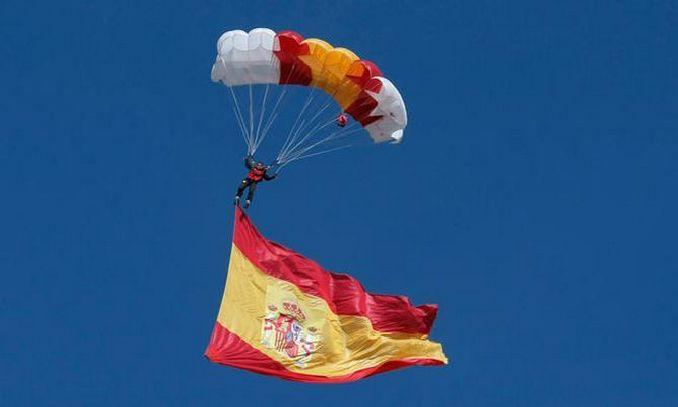
The most important by far is the one held in the capital, Madrid, along with the Armed Forces parade. Other tribute, cultural, religious and vindicative parades and demonstrations are also organized by participants from civil society across Spain.
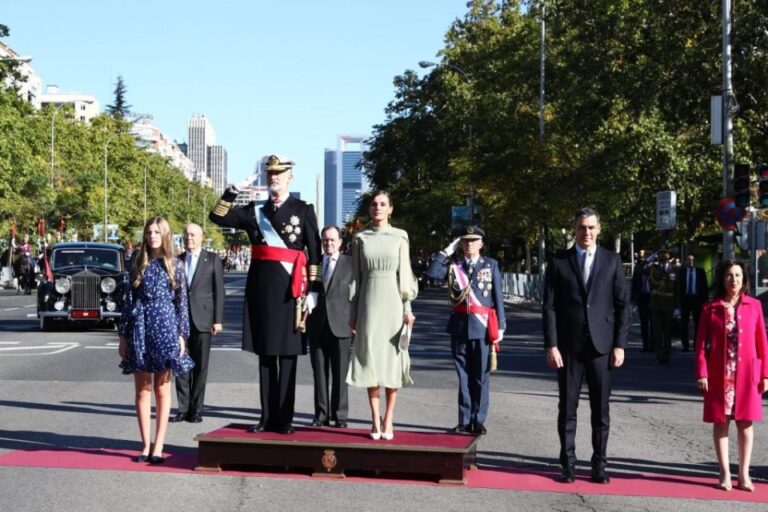
While National Day is celebrated exclusively on October 12, the national holiday takes, with no exceptions, a long weekend (at least 3 days), for the citizens’ leisure and enjoyment. Taking advantage of the short vacation, many people travel in Spain on these days, especially to visit other cities and symbolic places within the country. Common destinations are Aragon and its capital Zaragoza, where the festivity of “Our Lady of the Pillar” (La Virgen del Pilar), “Mother of the Hispanic Peoples,” also falls on this date.
For this reason, these holidays are also known in Spain as the “Long Weekend of the Pillar” (Puente del Pilar). Indeed, though these holidays are short, many Spaniards take some extra days off to travel around Spain. Between five and over six million road trips occur during these holidays in Spain.

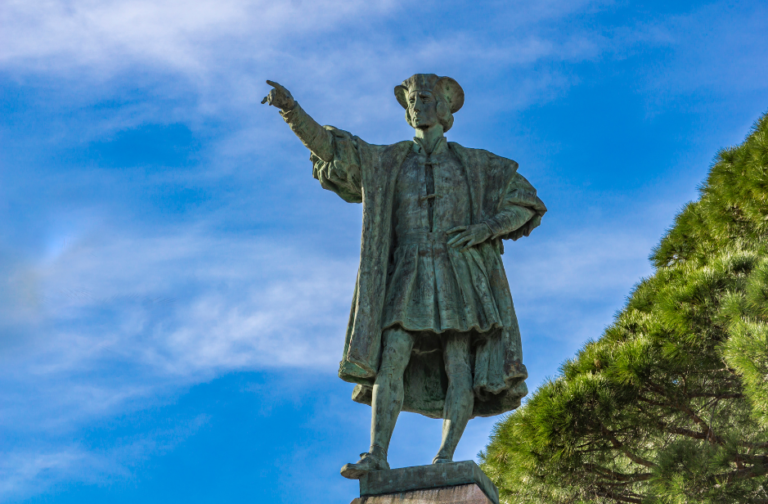
Each October 12 Spain marks its National Day or Dia de la Hispanidad with a public holiday. The day coincides with the celebration of Christopher Columbus’ first voyage to the Americas, 529 years ago.
Columbus was attempting to find a western sea route to India. After leaving the Canary Islands, Columbus’ ships had been sailing west for five weeks, when on the morning of October 12th 1492, land was spotted.
The sighting is recorded as having been made by a lookout, but Columbus insisted that he had seen a light from land a few hours earlier, therefore making sure that he was awarded a lifetime pension from the Spanish Royal family for being the first person to spot land.
They then made landfall at an island in the Bahamas, which he named San Salvador, though it is not sure which island in the Bahamas this actually was.
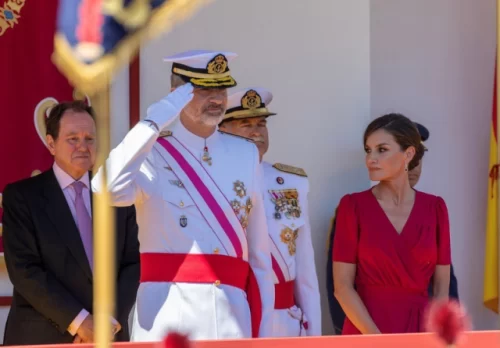
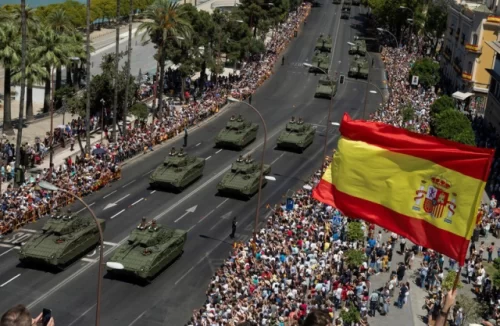

Spain’s national holiday coincides with the country’s Armed Forces Day and a military parade in Madrid is a key part of the celebrations each year. The Presidente del Gobierno (Prime Minister) has a special role in the ceremony, only second to the King. Then a wide array of authorities, from foreign diplomats deployed in Spain to members of the Autonomous governments, are invited to attend the parade.
Apart from the huge parade in the capital, Madrid, there are plenty of other celebrations that take place throughout the rest of the country.

In the Autonomous Community of Aragon, this date also commemorates Our Lady of the Pillar (la Virgen del Pilar) is patroness saint of both the autonomous community of Aragon and its capital, the city of Zaragoza as well as of the Guardia Civil (Spanish Civil Guard) and the Spanish Navy submarine force among others.
It commemorates the coming of the Virgin Mary to Zaragoza in AD 40, according to tradition, her only apparition while she was still alive and the first to the Hispanic people.







